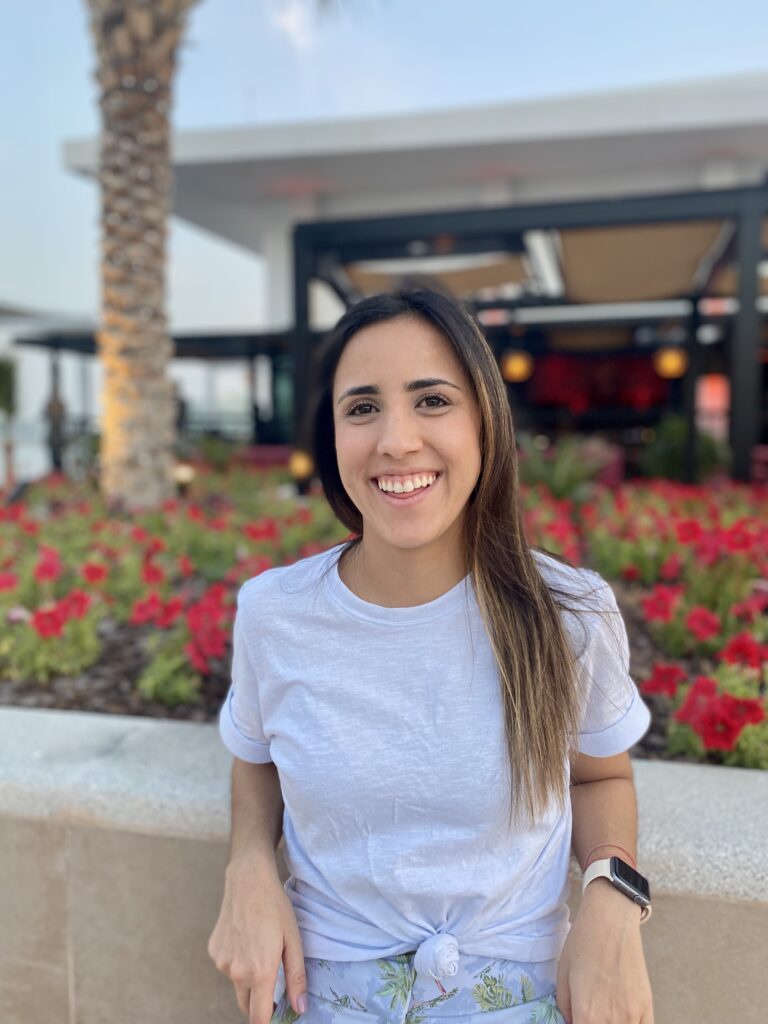How to Be Your Own Best Ally
April 10, 2023

I came home late at night from losing a tennis doubles match in super tie, having that common bitter feeling every competitive person like myself has after a lost tied match, came over to greet my mom and after telling her we lost, she asked the following question: “Who’s fault was it? Who made the most amount of mistakes?”
When I was in school, I was constantly asked for my grades and compared with others that did better in the class. I was raised being praised for my grades, for my achievements, or performances. That made me want to excel in everything I did just to have their validation or approval.
The discipline and responsibility I learned to have in that process are some of my best qualities nowadays and they have helped me achieve many other things along the way, the problem was the amount of stress I was putting myself in and my internal dialogue was not the best either.
I grew up in an environment where so much value was given to third party opinions. My image, behavior or personality was shaped always by what others might think. Whenever I didn’t meet their expectations, I punished myself really bad.
It is said that most people-pleaser’s journeys start by the need to please their parents and mine was not the exception. I can speak about this now from a healed place, acknowledging that they did everything they could with the parenting resources that they had at the time.
I learned to punish myself for making mistakes and shaped my perfectionist self at a very young age. That protected me from failing. Now, from a place of consciousness and understanding, I am learning how to give up being perfect and start accepting my imperfect-self.
This is one of the lessons that I am constantly working on because my ego will always be there to protect me and try to avoid failure whenever I want to step out of my comfort zone. In fact, when I was creating this program, my ego was the one saying: “This will be a waste of time, there are many people doing the same thing, this is not creative enough, no one will find it valuable.” But now that I have accepted who I am and what I have to offer, compassion becomes easier and I am able to speak up and say: “This is the best I can do, it will have a lot of value for those that need it, it is based on your own experience, therefore it is authentic.”
That’s how I started to value myself and identify when my egoic self wants to dominate or take the wheel. I even named it “El Mostrico” (little monster could be the translation for it). This allows me to separate from those thoughts, acknowledge their protective purpose and make space for more SELF-COMPASSION.
Brené Brown says: “When we are perfectionists our self worth is on the line. There is no way to obtain perfection. It is all about perception. And we have no control over it, no matter how hard we try. When we become more loving with ourselves, letting go of shame of what others might think, we start to embrace who we are, with our virtues and our imperfections.”
My hope is that you become empowered by the consciousness you are starting to build and learn how to be your best ally when thoughts become challenging.